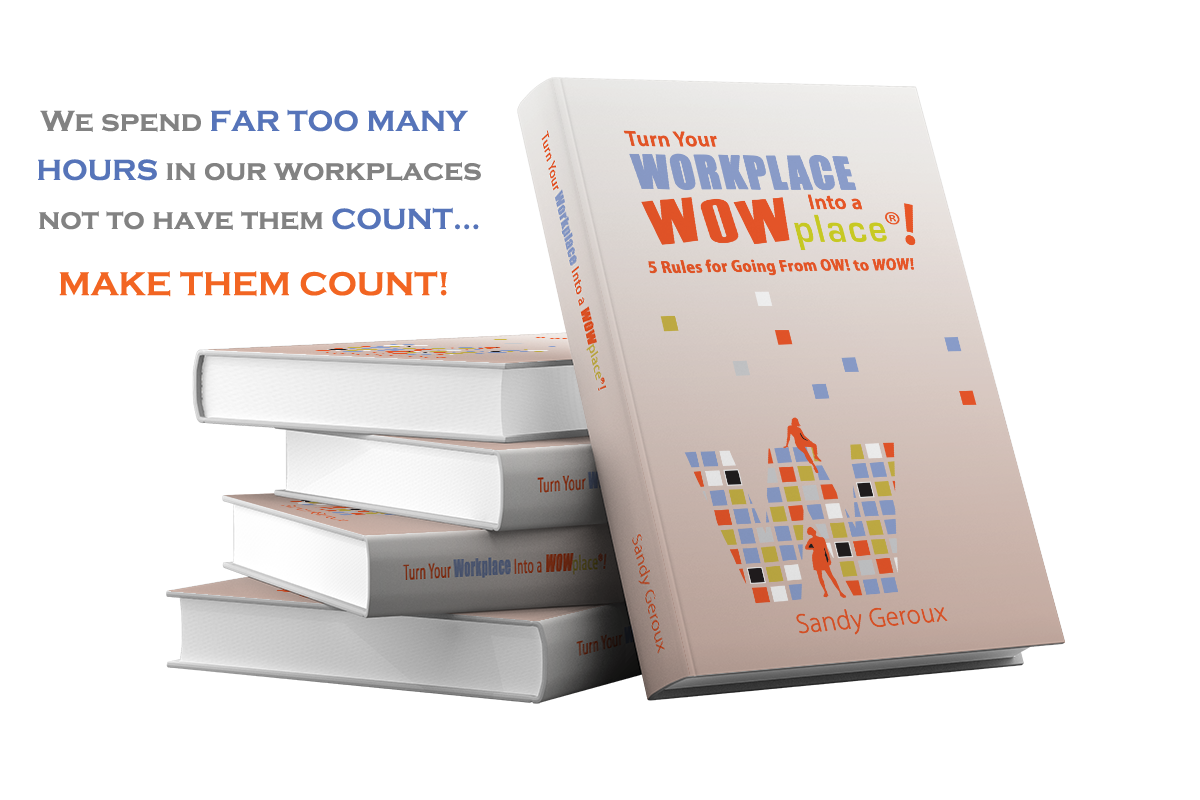
Who has time to waste these days waiting around for answers, doing things inefficiently, or trying multiple times to get one set of information? No one I know.
During a recent telephone exchange, I was reminded of the power of proactive thinking and how it could have helped us be more efficient, waste less time and experience far less frustration. Here’s how the exchange went (names changed to protect the innocent!):
Me (on voice mail): Hey, Bob, have you heard from Cheryl? I’ve emailed her twice and called her once in the past two weeks and haven’t heard back from her – and we’re running out of time to get this project done. This is really unlike her – do you know if everything is OK? Also, did she ask you to contact our partners and get a status from them? I need to get that information to our volunteers ASAP. Please call me back at your earliest convenience.
Bob (on voice mail): Yes, I heard from Cheryl yesterday, so she must be OK. I wonder if you have an incorrect e-mail address and/or phone number for her? Maybe she didn’t get your messages. And yes, she did ask me to get a status from our partners. Call me if you need anything!
Huh? “Call me if you need anything?”
Let me first say that Bob is an extremely nice person, and I really like him. But what he did was highly inefficient (for both of us).
First, he told me he heard from Cheryl… so whew, we know she’s OK (obviously, that’s not the inefficient part – in fact it was a relief). Next, he pointed out that I may have had a wrong number or e-mail for her… and third, he told me she did ask him to get a status from our partners.
Was this helpful? Not really, because in order to get the information I needed, I had to call him back… and probably play some more telephone tag (because who ever reaches anyone any more?).
How could this exchange have been improved? First, when Bob questioned whether I had the correct email and phone number, he could given me the correct ones in that message, just in case. This way, I wouldn’t have to call him again just to confirm my information (which probably would have ended up in more telephone tag, just to get it done).
Second, regarding my question, “Did she ask you to get a status from our partners?” – by taking a moment to think about it, he could have ascertained that I didn’t just want to know IF she asked him to get a status, but I wanted to know WHAT the status was, so I could pass it along to our volunteers. Thus, he could have given me the status instead of making me call him again to get it.
Following the steps below will help us apply critical thinking to our actions and help ourselves and our colleagues be much more efficient, get more timely answers – and be much less frustrated during this type of process:
- Ask yourself, “What question did he/she just ask?” Many times people will ask a question and it may be a bit vague (I admit that my question about the status from our partners may have been a bit vague). When people are rushed, they often don’t ask their questions EXACTLY as they should… but they still need the information ASAP.
- Ask yourself, “What is he/she really asking FOR?” By going to this next step, we can often determine what they really need, and provide it to them without having to ask for clarification or asking them to call us back again just to get their answer.
- Go one step further and try to think of any question they may have left unasked – and answer that one, as well. If you don’t have time at that moment to think of (or answer) other questions, tell them you’ll follow up with an e-mail with more details (or whatever the appropriate response is)… and then do it. Give them as much detail as you can, and help “watch their back” so they don’t miss something important.
Remember that the most valuable colleagues and employees are the ones who are proactive because proactive people are rarely caught by surprise. They learn to anticipate problems and events. They look for ways to answer questions before they’re even asked… and to give complete answers when they do, in order to eliminate wasted time and effort caused by repetitive requests, telephone tag and procrastination.
When you are proactive, you are perceived as a “magician” who amazingly seems to know what someone wants before they even have to ask for it…
Not only that, but when you are proactive, you become such a valuable resource that you move from being Untested to being Believed to being Believed IN… and that’s an exceptional place to be.

